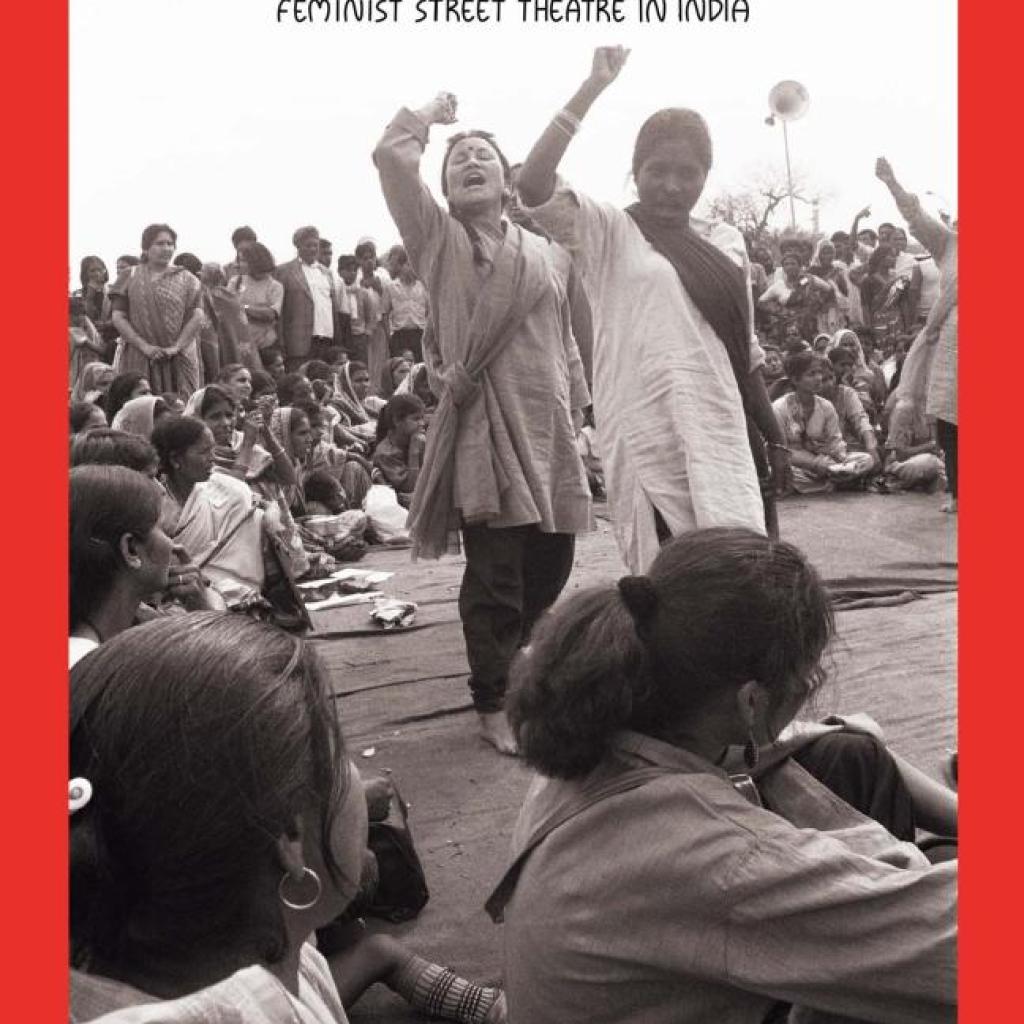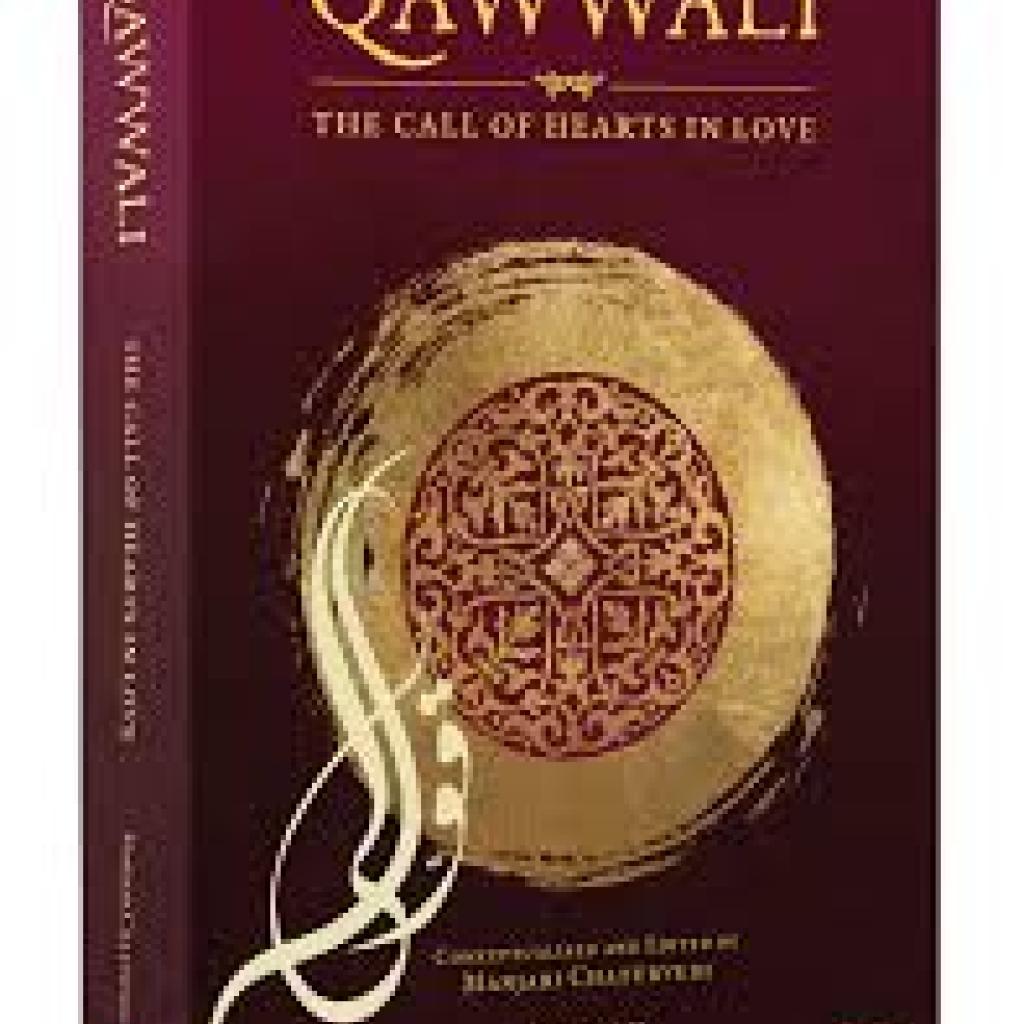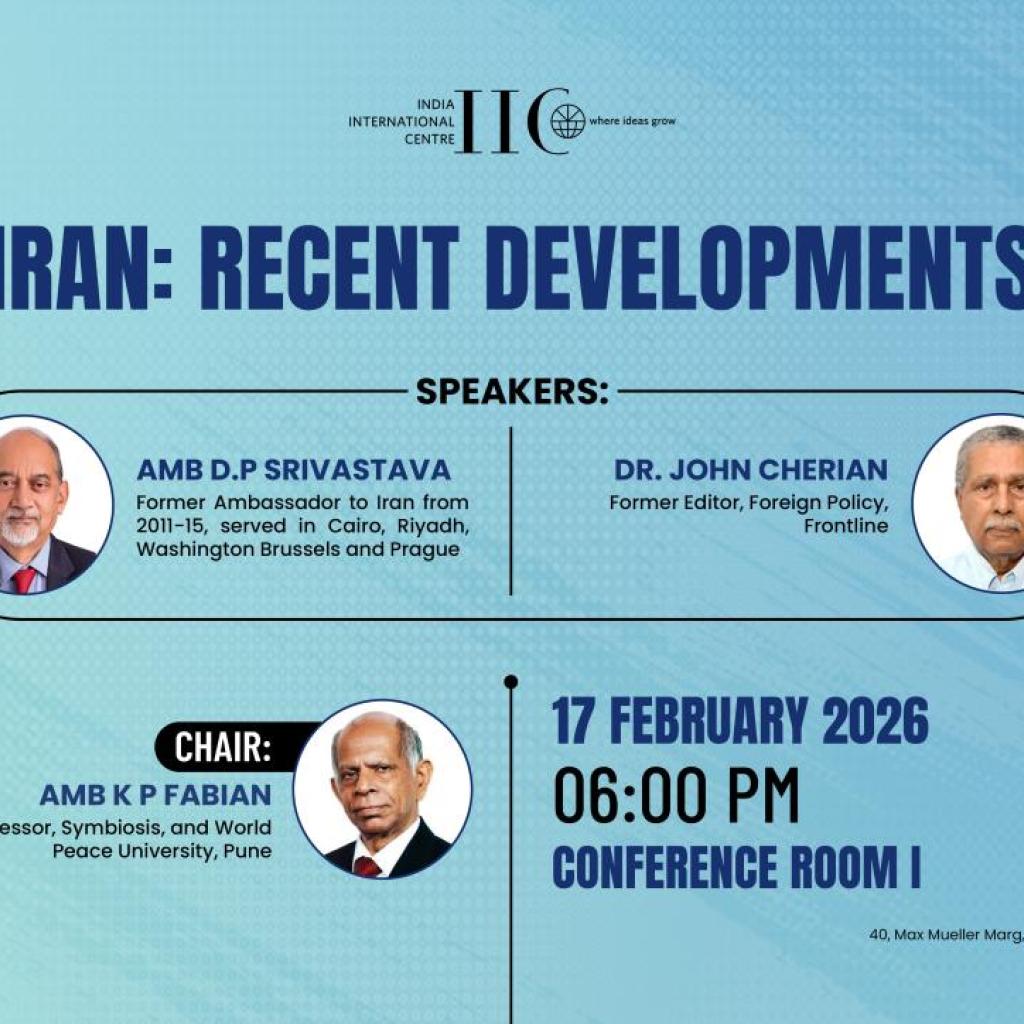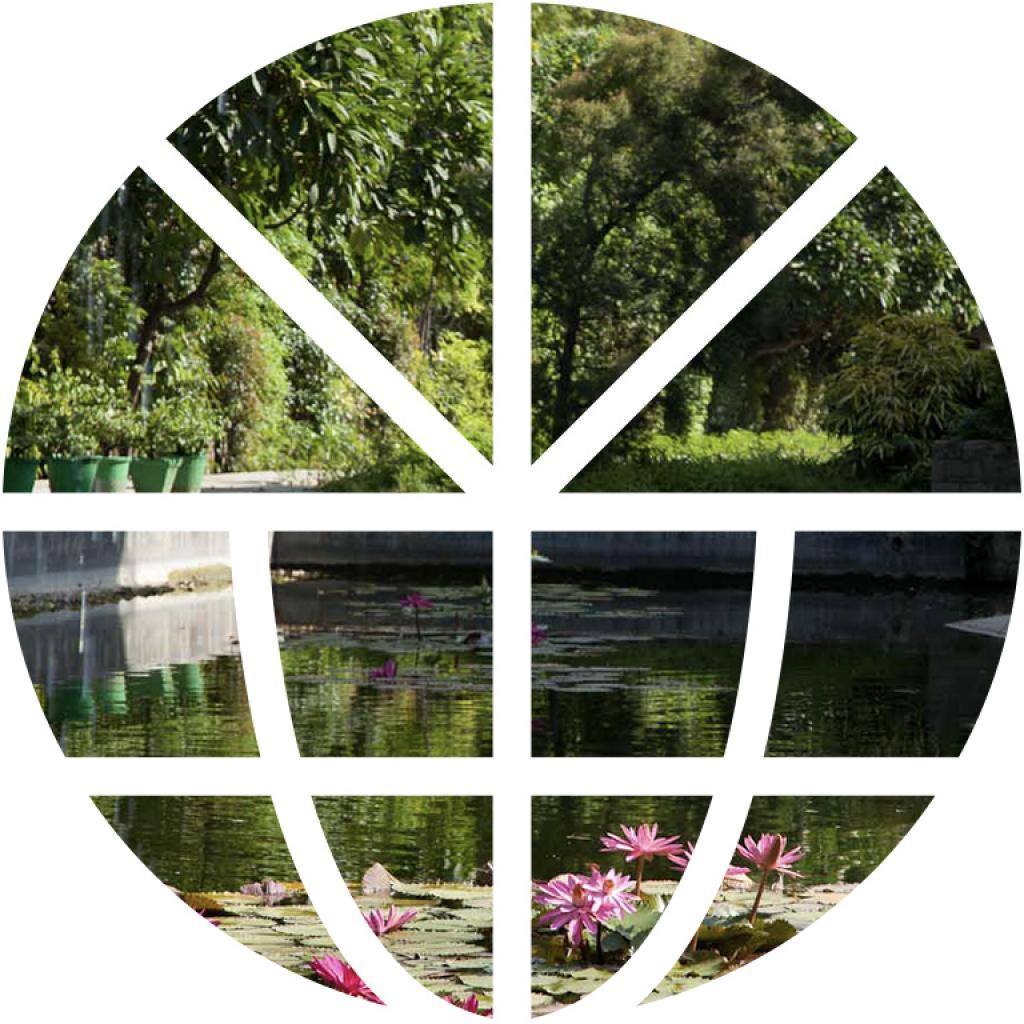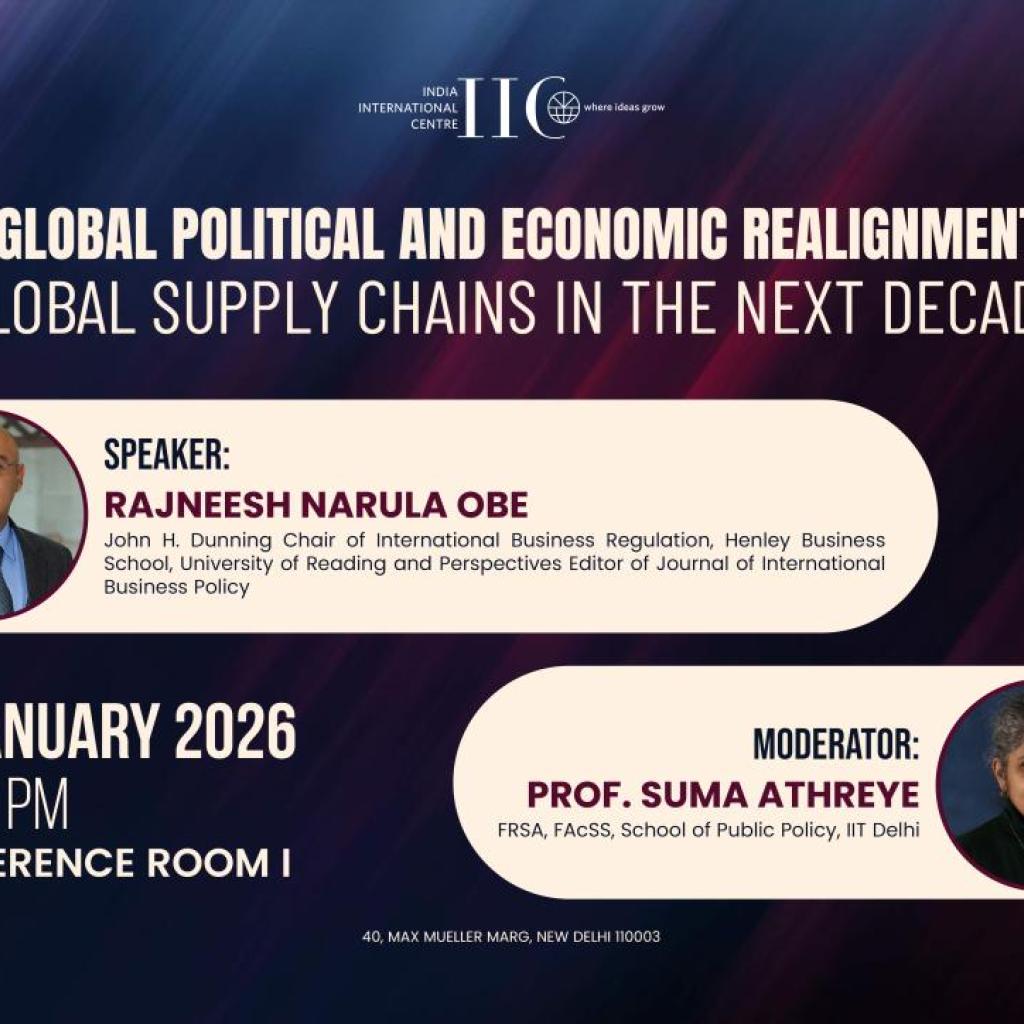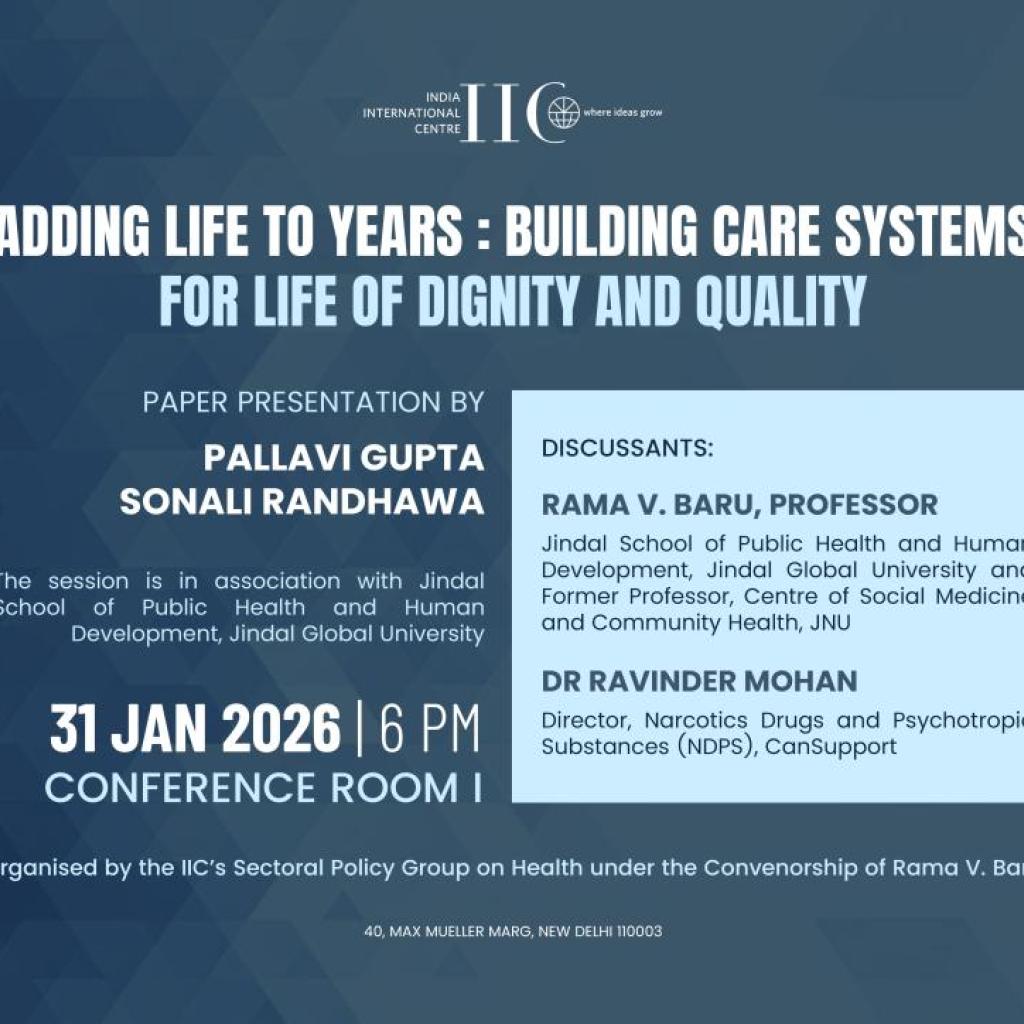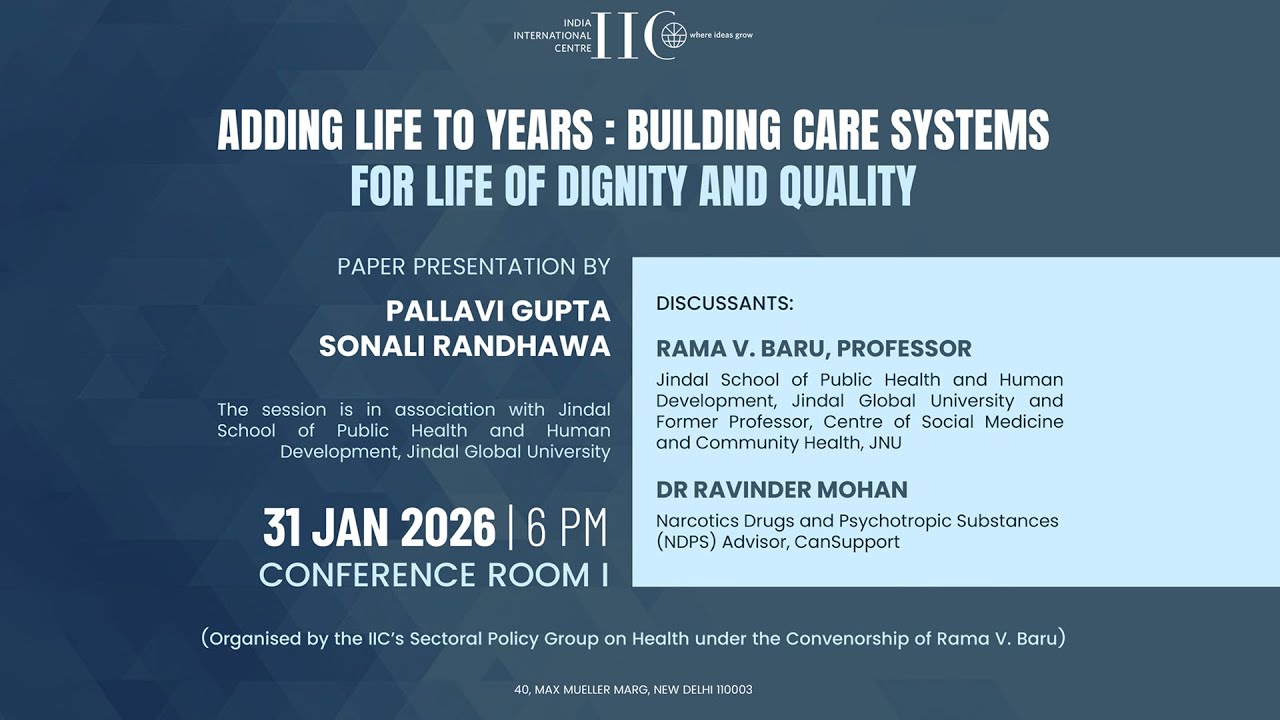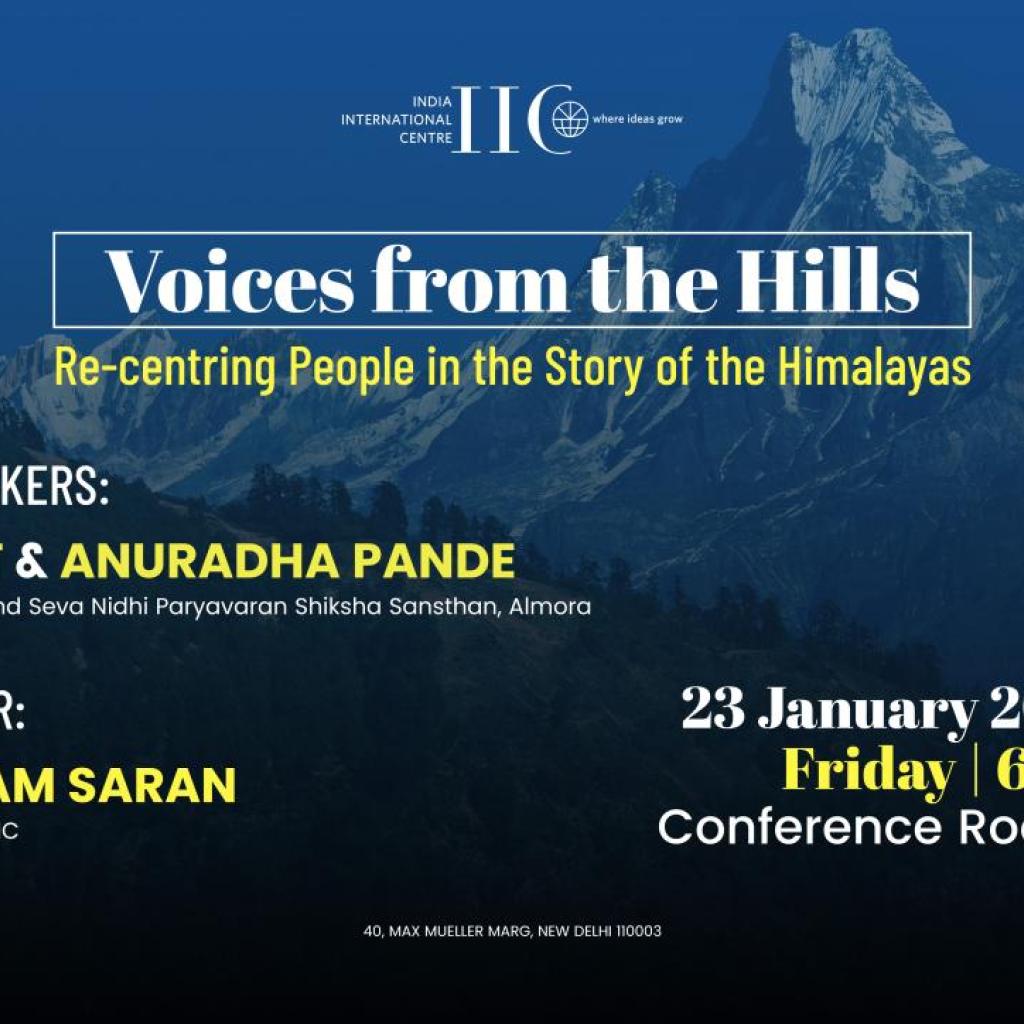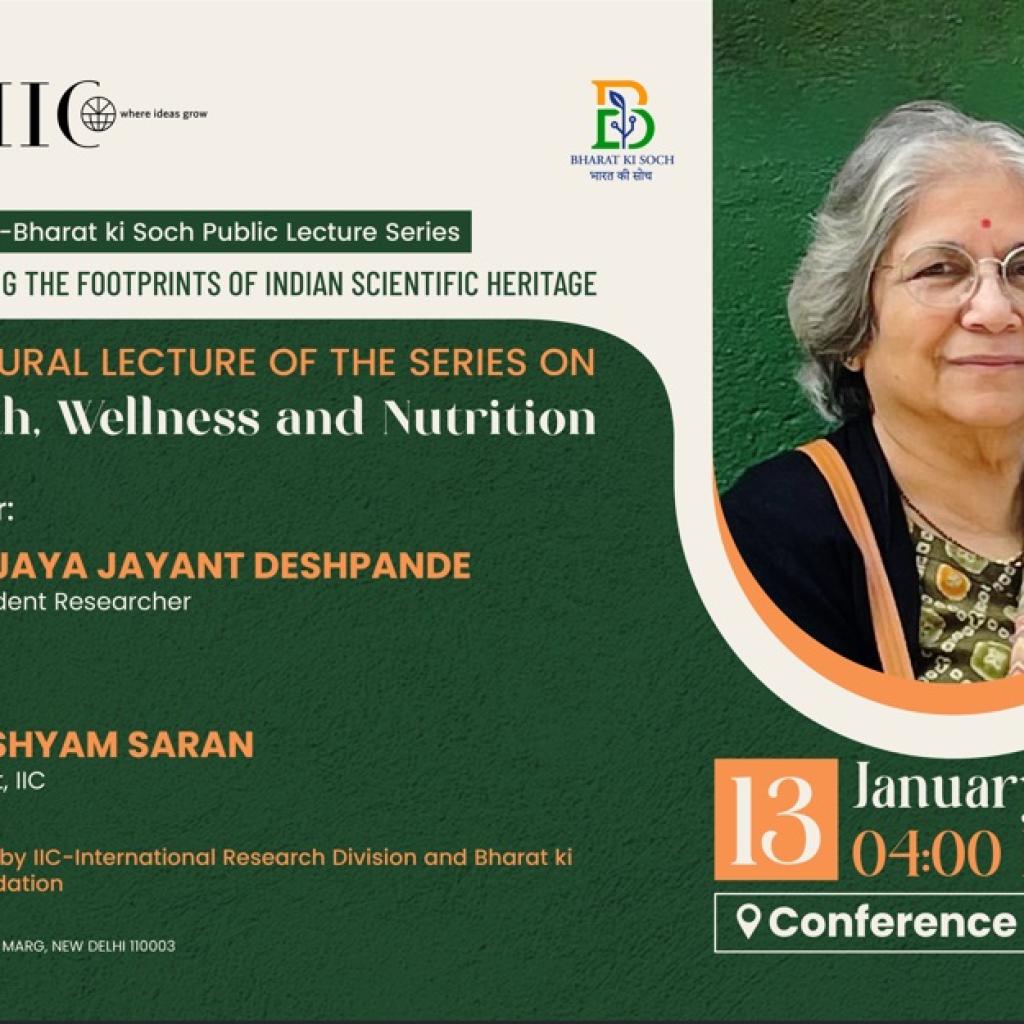Adding life to years: Building care systems for life of dignity and quality
Paper presentation by Pallavi Gupta and Sonali Randhawa
Discussants: Rama V. Baru, Professor, Jindal School of Public Health and Human Development, Jindal Global University and Former Professor, Centre of Social Medicine and Community Health, JNU; Dr Ravinder Mohan, Narcotics Drugs and Psychotropic Substances (NDPS) Advisor, CanSupport
India’s rapidly ageing population urgently needs accessible, affordable, and regulated home-based care. The paper maps current gaps in services, workforce training, and policy frameworks, and argues for integrated medical, functional, and social support. A public discussion is invited to shape a national approach that ensures dignity, safety, and quality care for older persons.
The session is in association with Jindal School of Public Health and Human Development, OP Jindal Global University, Sonepat, Haryana
(Organised by the IIC’s Sectoral Policy Group on Health under the Convenorship of Rama V. Baru)

